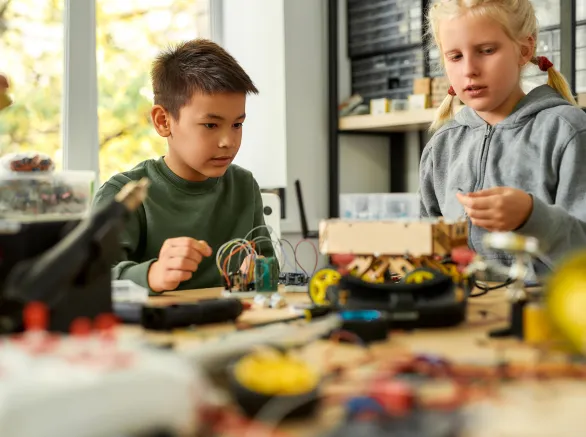

- Ph.D., Psychology, University of Auckland, 2021
- B.A., Psychology, Pacific Lutheran University, 2017
- Graduate Teaching Assistant, Psychology, The University of Auckland, 2018 - 2021
- University of Auckland Doctoral Academic Scholarship, 2017 – 2021
- Pacific Lutheran University Academic Scholarship, 2014 – 2017
- Psi Chi International Honor Society in Psychology, 2016 - Present
Dr. Nichole Breeland is a developmental psychologist specializing in user experience (UX) research for consumer products for children and adults, software, and medical devices. She leverages her expertise in human factors to help companies design intuitive, safe, and developmentally-appropriate products that align with regulatory standards and accommodate a wide range of user abilities and needs. By integrating human factors principals with UX strategy, Dr. Breeland helps companies develop user-centered products that enhance safety, usability, and market readiness.
Dr. Breeland collaborates with tech companies, medical device manufacturers, and other consumer product organizations to optimize user experiences and ensure product performance. She leads UX research, health and safety evaluations, and design assessments, focusing on how various user populations, such as children, parents, patients, and healthcare providers, interact with extended-reality (XR) technologies, digital interfaces, educational tools, and medical technologies. Using mixed-methods approaches, Dr. Breeland delivers actionable insights that enhance product usability, engagement, and compliance. She also supports regulatory submissions, conducting formative research and summative validation testing for FDA pathways such as 510(k) and De Novo applications for medical devices. Dr. Breeland's research has contributed to industry best practices by examining how design influences patient preferences, usability, and adherence in medical devices.
Dr. Breeland completed her Ph.D. in Developmental Psychology at the University of Auckland in New Zealand where she investigated children's social-cognitive development and cooperation. Her broader contributions to developmental psychology include investigating parent-child interactions, children's reliance on adults for health concept information, and the cognitive foundations of social behavior.
